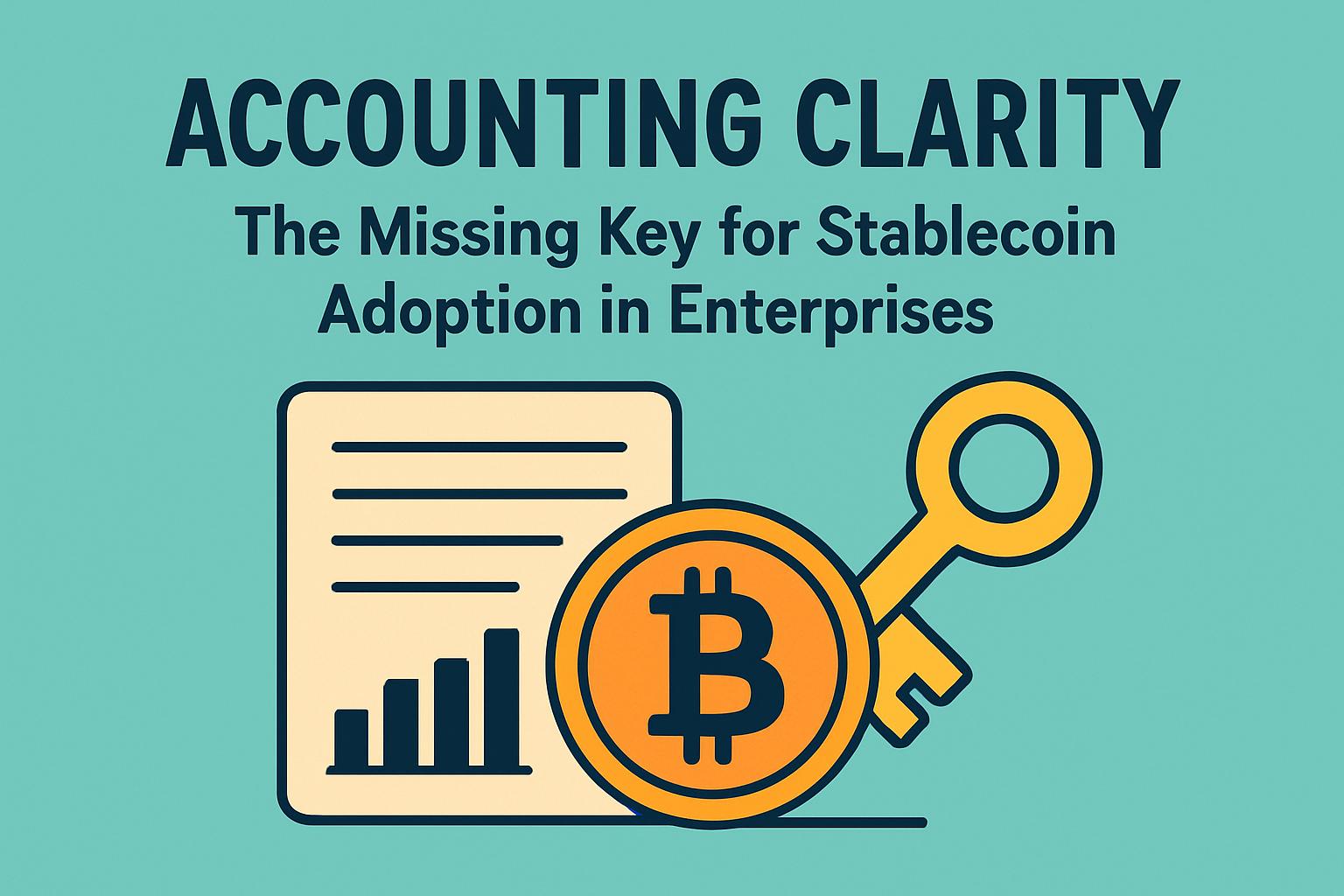At the recent FinTechON summit, Lin Ge-Fei, the Chief Technology Officer at Japan’s financial powerhouse SBI Holdings, addressed a pivotal topic: the potential of stablecoins in enterprise applications. With the world of finance being redefined at a rapid pace, stablecoins seem poised to revolutionize corporate transactions. However, as Lin points out, technological readiness isn’t the main barrier—it’s the murky waters of accounting standards and regulatory frameworks.
The Journey from 2018 to 2023: Milestones Along the Way
SBI Holdings started its journey into the cryptosphere in 2018 by launching a crypto asset spot trading platform and establishing an engineering team to steer its blockchain financial endeavors. Fast forward to 2023, the company made waves in Japan’s financial markets with two major innovations:
- First, the introduction of ‘Zero Revolution’, Japan’s only zero commission trading service, sparked significant interest among investors.
- Second, through the Osaka Digital Exchange, SBI launched Japan’s first market for security token offerings (STOs), paving the way for a new era in capital markets.
Stepping Into 2025: Broader Horizons and Bigger Ambitions
In March 2024, SBI’s forward-thinking strategies bore fruit when it became Japan’s first financial institution to receive regulatory approval to operate a legal stablecoin exchange service. This positioned the company prominently in the stablecoin market.
Fast forward again to 2025, and SBI announced a bold move: transitioning all its services online, thereby merging traditional finance with decentralized finance into a unified digital ecosystem. Lin further emphasized that while the global market for on-chain assets currently stands at $26.5 billion with annual growth of 72%, projections show this could expand fifteenfold by 2030, despite being in the nascent stages.
Accounting and Regulatory Roadblocks
Transitioning the conversation towards stablecoins, Lin highlighted that for stablecoins to replace traditional fiat in corporate usage, the true obstacle lies not in technology but in clear accounting standards and regulatory guidelines. He asserts that even for a reputable entity like SBI, which attracts partnerships with banks and payment platforms, deploying new tokens in e-commerce faces significant legal and accounting challenges across the globe.
The ambiguity in accounting standards means that even currencies like the yuan, which might appear safer than bank deposits, aren’t categorized as cash equivalents by large corporations. This leads to minimal experimental usage across businesses, hindering broader adoption of stablecoins.
Brighter Prospects on the Horizon?
Chieh-Hsing Wu, Chief Information Officer at Cathay Financial Holdings, notes that in Taiwan, the Financial Supervisory Commission has tasked the banking association with drafting relevant legislation and pushing for virtual asset service regulations. Should legislation progress smoothly, we can expect new systems, including those supporting stablecoins, to come to fruition.
For enterprises to confidently embrace stablecoins on a larger scale, synchronized development of regulations, accounting practices, and financial reporting principles is essential. The financial sector believes this comprehensive approach will unlock the potential of blockchain technologies in everyday business operations.

![[News] Bitcoin at a Turning Point? 10x Research Signals a Bullish Macro Shift Ahead](https://cryptoexplores.com/wp-content/uploads/2025/06/new20250616.jpg)
![[News] Binance Lists $HOME, the Gas-Free, Bridge-Free All-in-One DeFi App](https://cryptoexplores.com/wp-content/uploads/2025/06/news20250617.jpg)